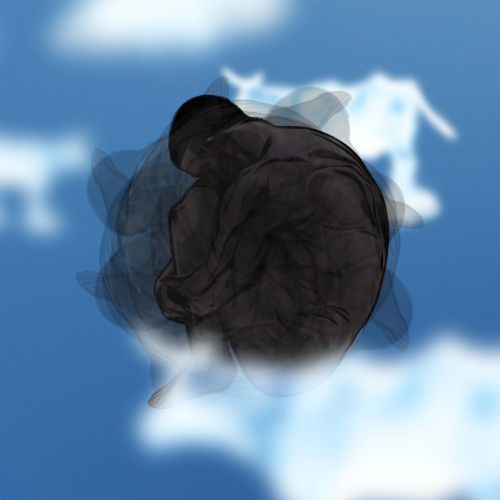Climate change and fishing, pastoralism and wine production
The seaside village of Oostduinkerke in Belgium is the last place in the world where horseback fishing is practised. Fishermen catch shrimp by riding into the water on horses. The animals pull chains, causing vibrations along the sandy bottom, and shrimps jump into stretched nets. However, due to climate change, there are fewer and fewer shrimps in the North Sea, and there is an increase in invasive species from the Atlantic Ocean, where the water is warming. These include squids, cuttlefish and wiperfish. The water temperature on the surface of the North Sea is also rising – by approximately 0.3°C per decade since 1991.
The indigenous Navajo people in Arizona have been raising sheep for over 500 years, but climate change is making it difficult for them to obtain food and water for their animals. The situation is complicated by a recent decision by the U.S. Supreme Court, which ruled that the U.S. government has no obligation to find water for the Navajo reservation, the largest indigenous reservation in the country.
Due to bad weather – frosts, storms, heavy rains and droughts – global wine production will likely decline this year to the lowest level since 1961. According to the International Organization of Vine and Wine, wine production in the world in 2023 will probably be approximately 7% lower than the previous year. Wine production has declined in almost all European Union countries, which produce over 60% of the world’s wine. Yields fell by 14% in Spain, 12% in Italy, 20% in Chile and 25% in Australia. However, excellent conditions prevailed in France, which is currently the largest wine producer in the world.
for our members

























